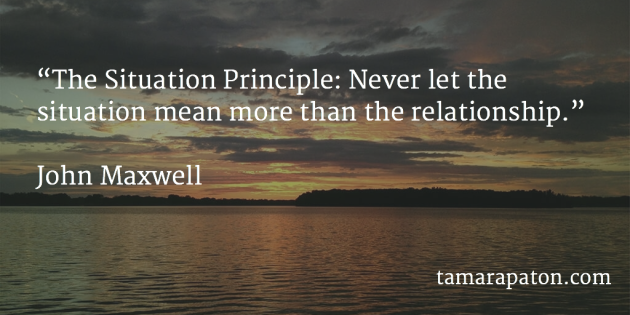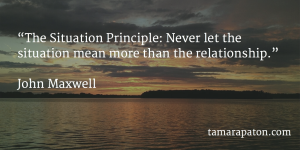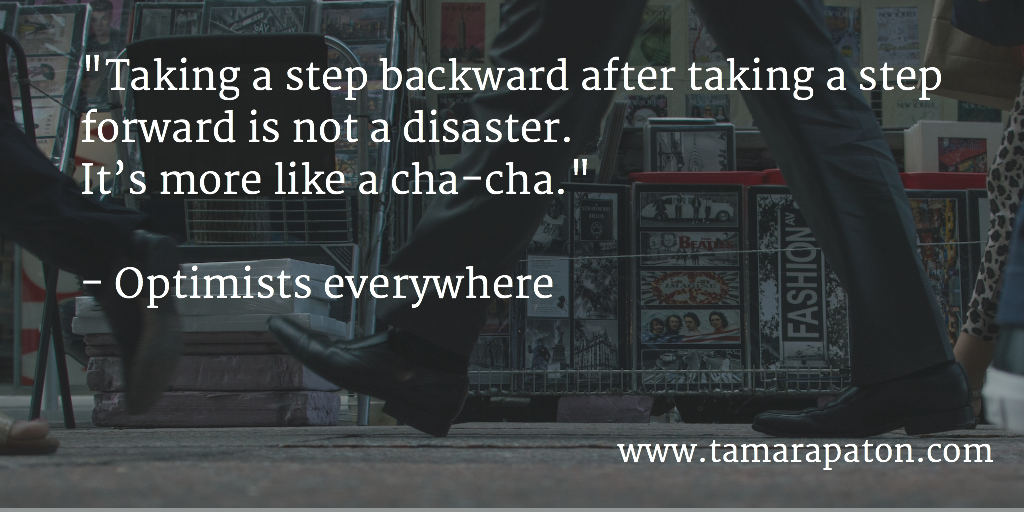

“My board is a monkey on my back.”
“I don’t have time for a board meeting right now. I’m trying to run a business.”
“My board used to really upset me. Then I lowered my expectations of them and went zen.”
Is this what we want CEOs to think of us as directors? I doubt you wake up each day hoping to give your CEO a hard time. Unfortunately, this perception is not a matter of fiction. These are verbatim quotes taken from conversations with CEOs serving today.
In my years as an executive, consultant and director, I have yet to meet a CEO who values his board without reservation. At best, satisfying the board is a part of the job. At worst, a CEO merely tolerates directors as a necessary evil.
How would your board’s CEO characterize you? Perhaps you enjoy a positive relationship with ample evidence of mutual respect. Even if you have the occasional difference of opinion, you may have every reason to believe that your good intentions are shared and aligned.
In reality, it’s hard to know where a director stands with a CEO. I know of one board chair who described her relationship with the CEO as close and productive. But when the CEO announced her retirement without first informing the chair, the surprise nature of the announcement spoke volumes. Clearly, things weren’t as cozy as previously thought.
Ultimately, we can’t rely exclusively on a CEO’s words or even body language as an accurate barometer of a relationship’s health. In addition to the social cues we see and hear, we must examine our own actions and tendencies from the CEO’s perspective.
Consider four ways you might be irking the one employee you have as a board.
1. Restraining the CEO by shunning risk
As part of its risk oversight responsibilities, a board might see a need to rein in a “cowboy CEO.” In practice, there is a real risk that the board restrains management too tightly and limits growth.
One CEO agreed, lamenting that “board members are supposed to bring long-term prudence to a company, but this often translates to protecting the status quo and suppressing the bold thinking that enterprises need when strategic contexts shift.”
2. Disrespecting roles and boundaries
As I suggested in a previous post, fiduciary governance has become a quest to catch management in the act. We fail stakeholders, however, when we attempt to police an organization. Even when boards avoid a “gotcha!” mentality, they still risk treading into management’s territory. It is not a director’s role to suggest answers to the questions he asks.
The laissez-faire, flip side of the coin is equally frustrating. Directors often fail to dedicate adequate time to learning the business. Yet those who prepare appropriately can come across as if they know more than management. A CEO has every right to grit his teeth when faced with a complete lack of humble curiosity.
Global consultancy Russell Reynolds points to the following ideals in board-CEO relationship building:
“All parties bring a genuine level of intellectual and professional humility to each interaction. All parties are self-aware of their strengths, weaknesses and limitations. All parties are comfortable with having their ideas rigorously challenged.”
3. Preserving self-interest
Fiduciary duty requires directors to put the needs of the organization ahead of their own. It can be tempting, however to preserve one’s board seat and related perks. In practice, directors’ behavior can fall into a grey zone that is hard to police, but quick to irk a CEO.
One CEO is empathetic, at least at first. “They like their board seats—it gives them some prestige. They can be reluctant to consider recapitalization, going private, or merging—‘Don’t you know, we might lose our board positions!’” Another CEO lamented, “we had a merger not go through because of who was going to get what number of board seats. It is still the most astounding conversation of my life.”
4. Failing to police yourselves
Whatever a board’s failings may be, the board – not the CEO – must manage its own performance. As one executive insists, “board members should police one another. It’s difficult when you make the CEO accountable for dealing with disruptive personalities.”
When acting together, even well-behaved individual directors can cause problems. Directors’ uncoordinated, conflicting input can leave a management team feeling scattered. Furthermore, every director asking for one piece of analysis sends the CEO on dozen data dives. A single, prioritized communication at the end of each meeting can save the CEO-board relationship. (One of my boards does so in writing.)
As obvious as these guidelines may seem, I have to admit that I have brushed against them in the past. When I once started to doubt a CEO’s suitability, I found it hard to respect her position as the gateway to the senior management team. In my mind I was already thinking about CEO succession. Although my due diligence about management team members ultimately proved helpful, the outcome could have been different.
In the end, I could have been the one who was shown the door, and I would have deserved my fate. It is not enough for directors to act in a way that they feel best serves the organization. We must also do no harm to the CEO-board relationship and help our colleagues preserve the same connection. To ignore this dynamic is effectively tying one hand behind your back as you fulfill your role.
Question: Have you had experience with a CEO-board relationship going south? What did you do to restore a constructive dialogue? I would love to hear your thoughts via Twitter.










